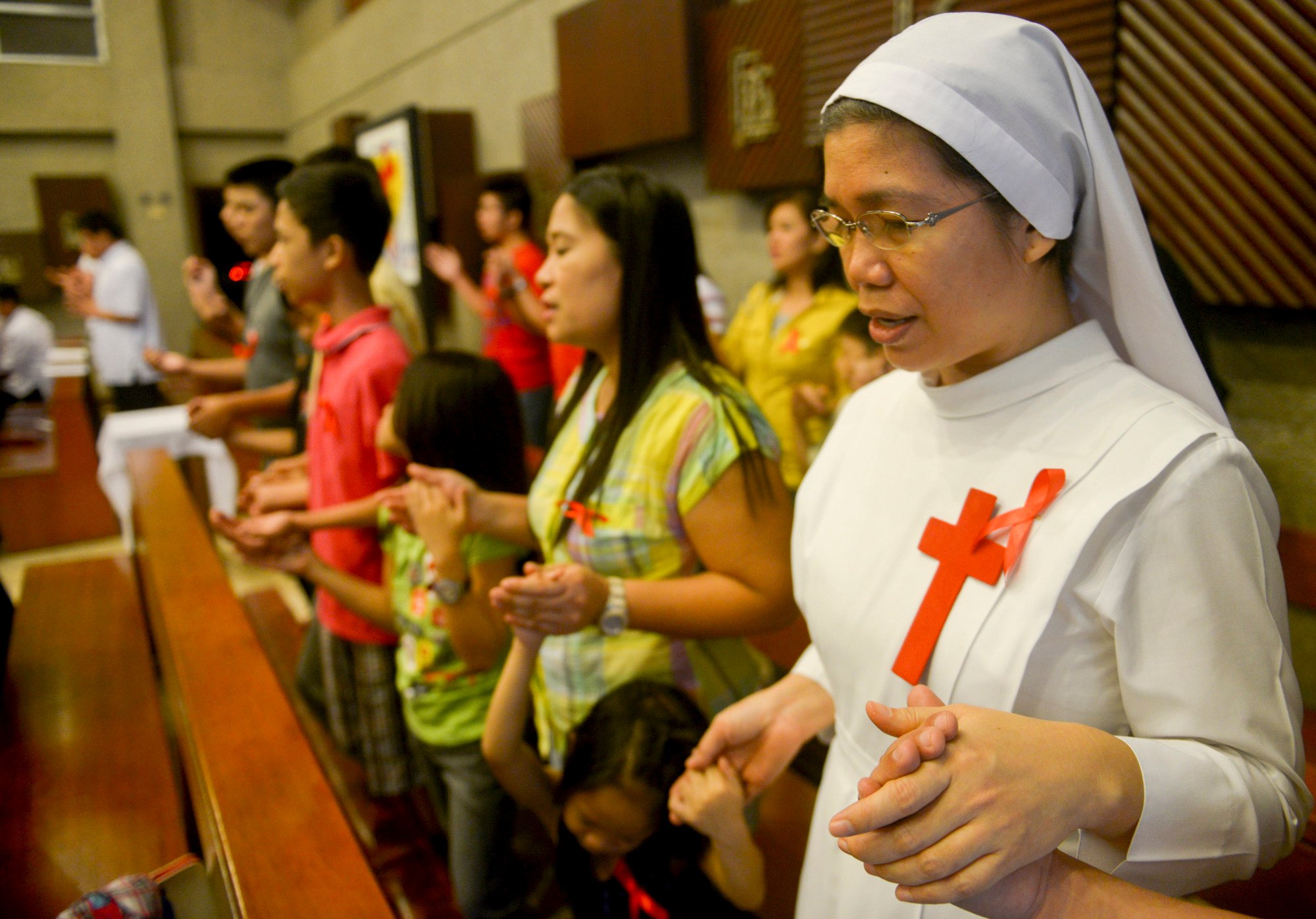Cruz, who is the first Filipino to be certified by the American College of Sexologists, told This Week in Asia she was shocked and saddened by the news.
She argued a distinction was needed between educational and exploitative content that sensationalised sex, instead of indiscriminately banning material that was remotely sexual.
Philippine drag culture is on the rise, but will it usher in LGBTQ acceptance?
Philippine drag culture is on the rise, but will it usher in LGBTQ acceptance?
“Labelling educational content about sex as prurient shows existing stigmas and misinformation surrounding sexuality. Such labels can perpetuate a cycle of silence and shame, hindering open and healthy discussions about sex,” Cruz warned.
The show was meant to open up conversations on sex and educate its audience about sexual health as well as related topics such as relationships, consent, and sexuality in a respectful and informative manner, Cruz said.
To label the themes of her programme as “prurient” was to overlook its educational value, she added.
The ban comes amid the country’s teetering attitudes towards sex and reproductive health in the past decade. Although the Philippines signed the Responsible Parenthood and Reproductive Health Act in 2012, the move was met with some resistance.
Lawmakers face continued pressure from Catholic Church leaders, who in 2011 said the reproductive health law was “anti-life” and would encourage promiscuity among youth.
In 2015, the Supreme Court issued a temporary restraining order against contraceptive pills and implants, which was widely criticised by health groups and women’s rights advocates. The court eventually lifted the order in 2017.
Health issues, however, contribute to the stigma arising from deeply held conservative values.
Despite a decline globally from 2010 to 2022, HIV infections are accelerating in the Philippines, with the country seeing a 418 per cent increase. The trend largely stems from ignorance: a 2021 study by the University of the Philippines’ Population Institute revealed that more than half of Filipinos aged 15 to 24 did not believe that condoms were effective in preventing HIV transmission.
Teenage pregnancy cases remain persistently high. In 2022, a total of 2,000 girls aged 10 to 14 bore children, reversing its downward trend of years past.
Data from the Philippine Statistics Authority also showed the number of births among mothers aged 19 and below declined from 2017 to 2021 but rose by 10 per cent in 2022.
In Negros province alone, nearly 12,000 teenagers became pregnant between 2022 and 2023, most of them out-of-school youth.
Filipino women voice out stresses of being the firstborn daughter
Filipino women voice out stresses of being the firstborn daughter
In response to rising adolescent pregnancies, Philippine senator Sherwin Gatchalian called on the Department of Education to intensify its sexuality education, which was only rolled out in 2018 – six years after a law mandating the topic to be taught in schools was passed and implemented.
Because of these issues, the Philippines needed to embrace open and hold informed conversations about sex, Cruz said.
The misconceptions around sexual topics, along with the portrayal of sex in media as either sensational or shameful, hindered proper discourse, she added.

“We need to foster a more open, informed, and healthy public dialogue on sexual health and education. By doing so, we can significantly enhance the understanding and management of sexual health, leading to reduced rates of sexually transmitted infections and unintended pregnancies.
“This is particularly important in a country where access to comprehensive sex education is limited, and the prevalence of STIs, HIV rates, and teenage pregnancies remains a concern,” she said.
Cruz believes that sex education is a fundamental aspect of personal development and public health and advocates an age-appropriate and culturally sensitive curriculum, backed by science.
Such education should cover a wide range of topics such as reproduction, contraception, sexually transmitted infections, consent, relationships, and respect for diversity in sexual orientations and identities, Cruz said. It should also be supported by policies, proper teacher training, the community and health services, she added.
The programme ban is not the first time the MTRCB has been embroiled in a similar controversy.
In September, the board meted out a 12-day suspension on the popular noontime programme It’s Showtime over what it considered an “indecent” scene. Hosts Vice Ganda and Ion Perez – a real-life LGBTQ couple who wed in a commitment ceremony in Las Vegas – were seen in the scene offering cake icing to each other with their fingers.
‘I was crying’: influential Philippine pastor linked to Duterte accused of rape
‘I was crying’: influential Philippine pastor linked to Duterte accused of rape
Critics of the MTRCB called for a review of the regulatory functions of the board, which was created near the end of the Marcos dictatorship in 1985.
Human rights lawyer Chel Diokno questioned the MTRCB’s decision, arguing that while the board was authorised to regulate programmes it finds objectionable, it was expected to take into account contemporary Filipino values instead of personal values.
“We see many forms of affection between heterosexual couples on TV and never blink an eye. Do we have different standards for what is decent and acceptable for LGBTQIA+ members?” he wrote on X.
Despite her programme being forced off-air, Cruz is undeterred. The therapist, who founded sexual wellness company Unprude, is releasing an app of the same name where users of varying sexual experiences, can find resources and support in exploring their sexual health and sexuality.
While many Filipinos still have conservative views about sex, the younger generations and those who live in cities see things differently, Cruz said.
During her recent visits to some rural areas, Cruz found out that the older folks she met there were open to share their sexual experiences with her.
“I believe if we all respect each other’s views and differences, we can move towards a society that’s more fulfilled and open about sexuality,” she said.


